Discover the versatile uses and health benefits of coconut oil for beauty and wellness. Explore how it can enhance your daily routine—read more now!
Marseille Soap Laundry Detergent Recipe: How to Make Cheap Natural Detergent That Works
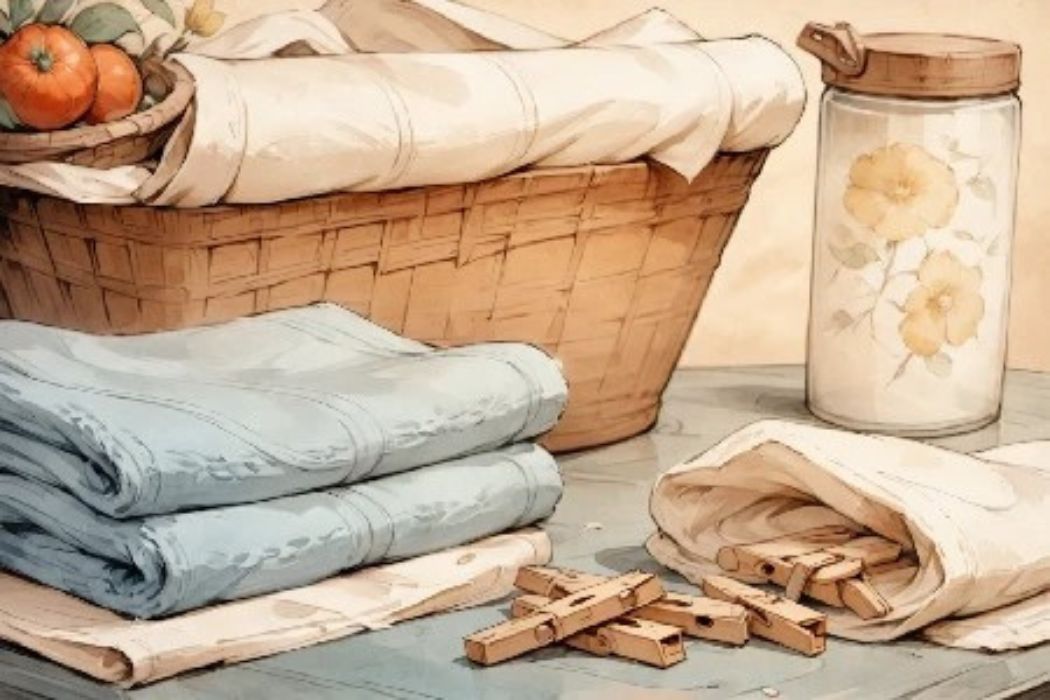
How to Make Cheap Natural Detergent That Works
In France, when we think of Savon de Marseille, we think of laundry and the image of grandmothers washing household linens. There is a good reason they used Savon de Marseille—it’s cheap and works! Savon de Marseille works cold or hot.
Switching to natural detergent is good for you and the planet. Natural detergents are biodegradable and non-toxic.
Savon de Marseille is traditionally made with natural ingredients like olive oil, which is why it’s effective and sustainable and the choice of the eco-conscious.
Here, I will give two old recipes for making efficient and cheap washing liquid.
Natural Laundry Detergent

Making the switch to natural detergent is a way to reduce your footprint and create a healthier home. Traditional detergents can contain harsh chemicals that irritate the skin and the planet.
Natural detergents are made with gentle, eco-friendly ingredients that are biodegradable and non-toxic.
In this article, we will learn about the benefits of natural detergent and get a simple recipe for making your own with Marseille soap flakes.
What is Marseille Soap?
Marseille soap, a staple in French households since the 14th century, is famous for its natural composition and uses. Made with olive oil, sustainable palm oil, and sometimes coconut oil, it is 100% vegan and eco-friendly.
It’s gentle and effective and a popular alternative to commercial products.
Whether washing dishes, cleaning floors, or doing laundry, Marseille soap is a multi-purpose wonder. Its natural ingredients make it good for the planet and your skin, so it’s suitable for many household uses, including as a body wash.
Savon de Marseille Laundry Detergent with Marseille Soap Flakes and Soda Crystals
For 2 litres of detergent :
-
2 litres of water
-
50g of white Savon de Marseille, grated or in shavings
-
1 teacup of soda crystals
-
1 teaspoon of essential oil (lavender, orange, tea tree, etc.) optional
-
Six steps:
-
Melt the soap shavings in a large pan with 1 litre of hot water. For quicker dissolution, use boiling water. Stir over low heat until the soap shavings are all dissolved.
-
Once smooth, add the soda crystals. Remove from heat and let it cool.
-
Add essential oil and let it sit overnight.
-
The mixture will thicken, so add 1 litre of warm water and stir until well mixed.
-
Pour into a clean, empty detergent bottle.
-
Shake well before use. Use about 100ml per wash cycle.
Note: Soda crystals increase water pH. Adjust the amount according to your water’s calcium content.
Tip:
When cold, the soap gets thicker. So before every use, you need to shake the bottle and add 3 to 4 tablespoons of hot water to make it liquid again.
Savon de Marseille Laundry Detergent with Baking Soda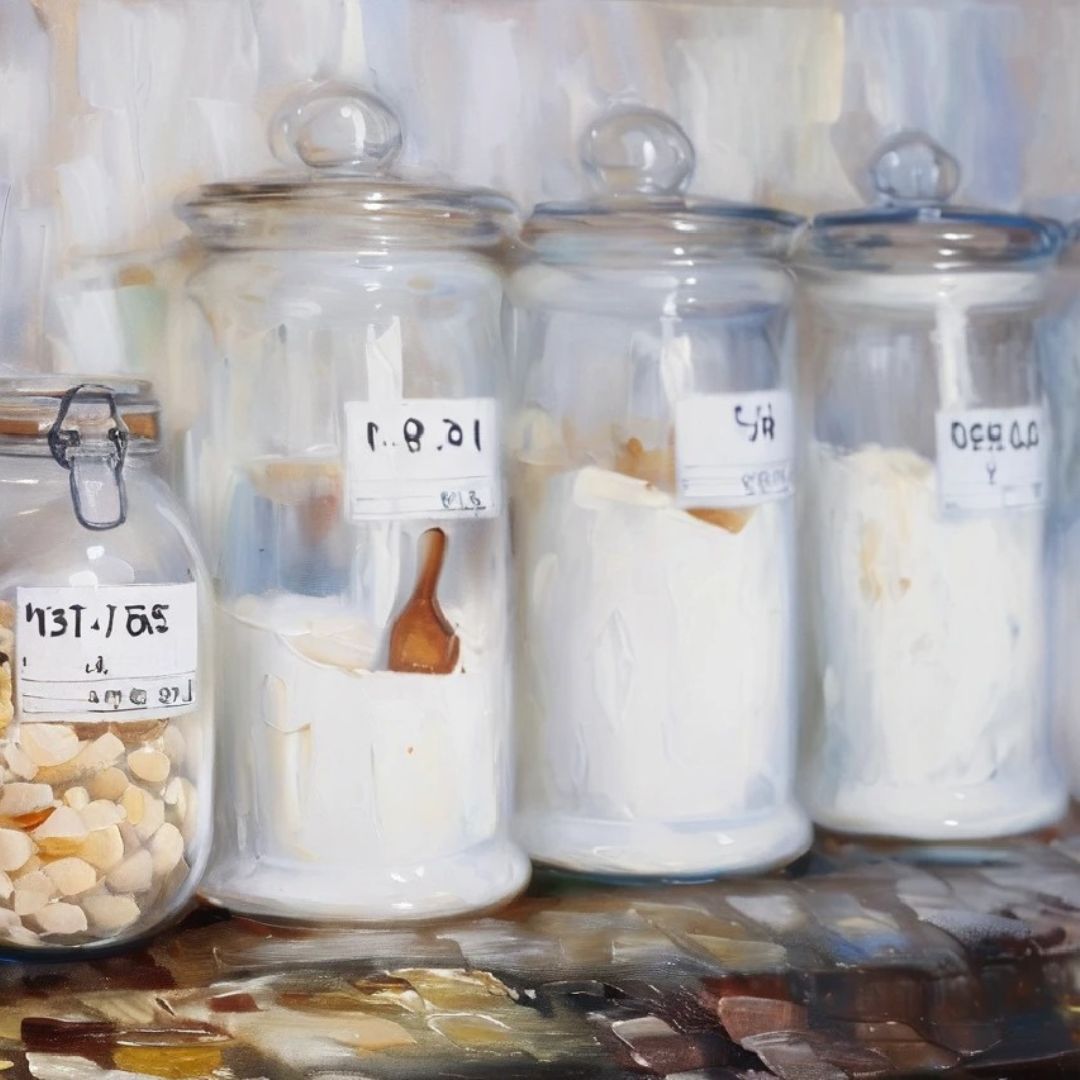
For 1.5 litres of laundry detergent you will need :
-
35 to 40g of white Savon de Marseille, grated or in shavings
-
3 tablespoons of bicarbonate of soda
-
2 tablespoons of white vinegar
-
2 litres of water
-
10 drops of essential oil (lemon, lavender, tea tree…)
-
Making your own laundry liquid is economical and ecological, so it’s an excellent choice for eco-conscious consumers.
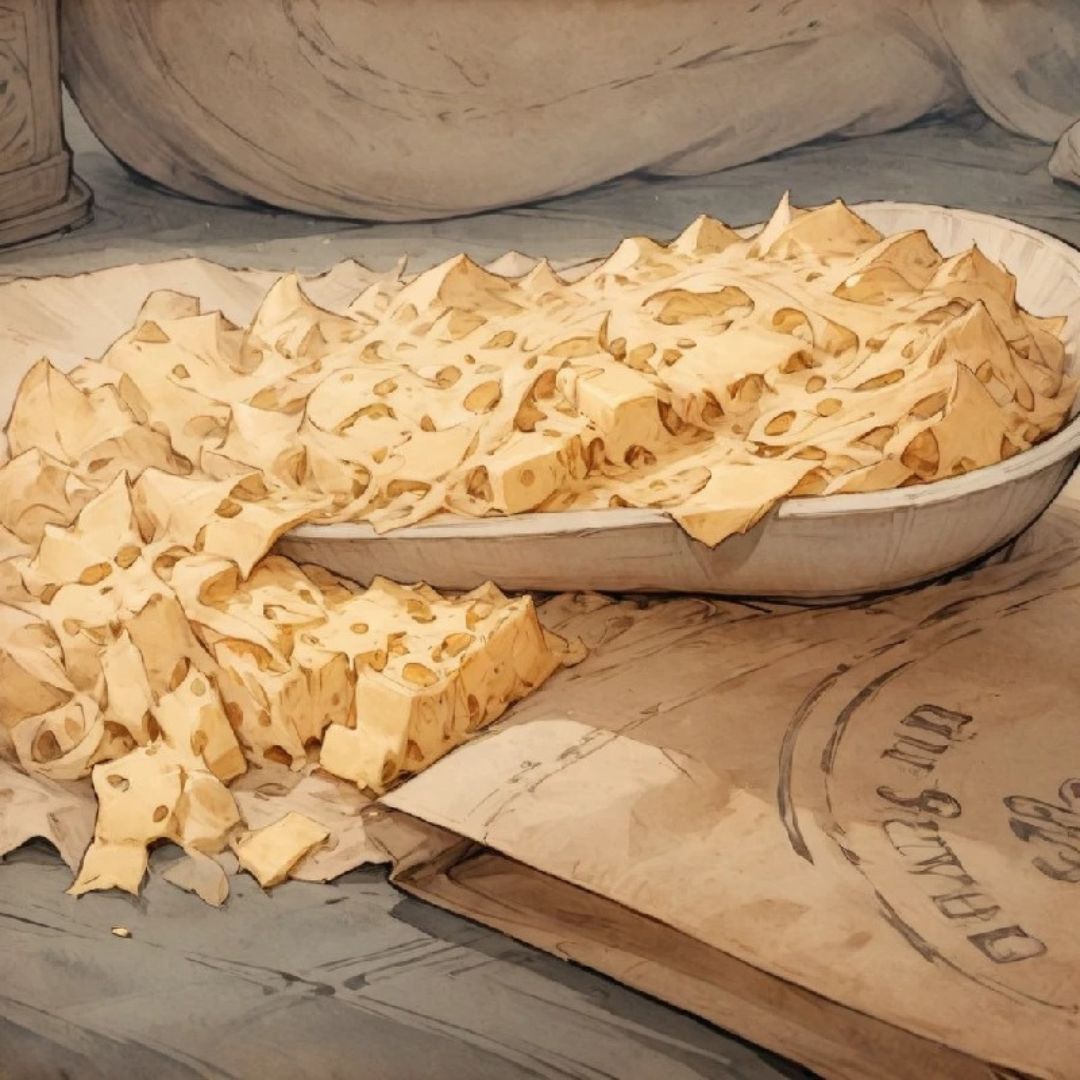 Five steps:
Five steps:
-
Mix the soap shavings, bicarbonate of soda and white vinegar in 1 litre of hot water in a large pan.
-
Stir until smooth, remove from heat and let it cool for 2 hours.
-
The mixture will thicken, so add another litre of warm water and mix well.
-
Pour the detergent into a rinsed detergent bottle using a funnel.
-
Add essential oil drops for fragrance if you want.
Bicarbonate of soda helps to maintain the colours of your laundry, white vinegar descales your washing machine, and Savon de Marseille makes your clothes clean.
For a quick wash, pour 100ml of detergent into a ball at the centre of your laundry. To whiten the laundry, add 2 tablespoons of bicarbonate of soda, and for extra softness, you can add half a glass of white vinegar to the softener tray.
Using Your Homemade Laundry Detergent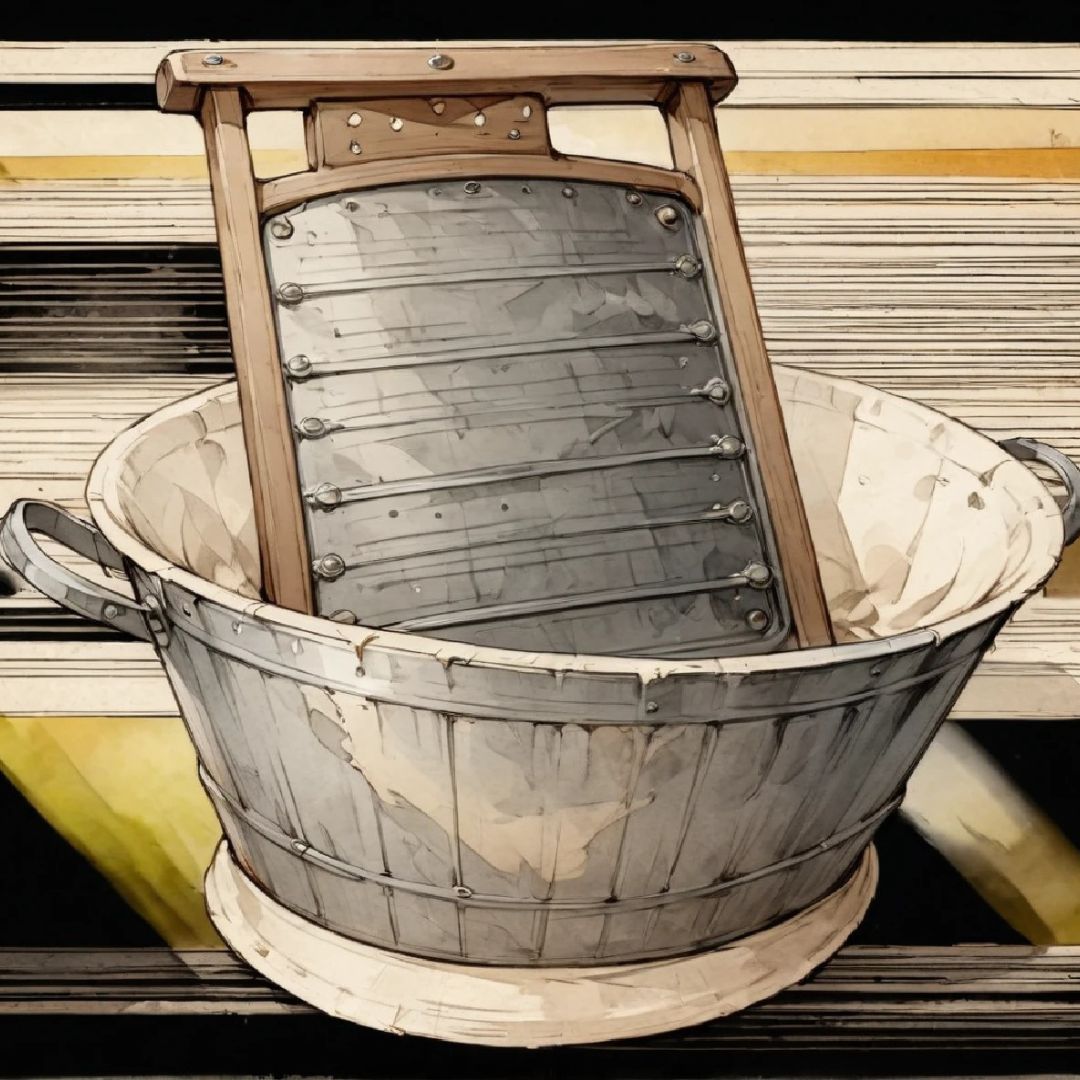
Using your homemade laundry detergent is simple. Pour the recommended amount into your washing machine's detergent drawer or the drum. For a standard load, use one capful.
You can also adjust the amount of detergent to your washing needs. If you have sensitive skin, you may want to start with a smaller dose and adjust as needed.
Natural Laundry Detergent Benefits

Natural laundry detergent is good for your health, wallet, and environment. Here are a few:
-
Skin-friendly: Natural laundry detergent is hypoallergenic and skin-friendly, so it's great for washing baby clothes and clothes for people with sensitive skin.
-
Eco-friendly: Natural laundry detergent is biodegradable and nontoxic, reducing the amount of harsh chemicals in the environment.
-
Economical: Making your own natural laundry detergent will save you money in the long run. Marseille soap flakes are a cheaper alternative to traditional detergents.
-
Customisable: You can customise your natural laundry detergent to your washing needs by adding essential oil for fragrance or using different types of soap flakes.
Customise and Troubleshoot

Customising your natural laundry detergent is easy and fun. Here are a few tips to get you started:
-
Add a few drops of essential oil to your laundry detergent for a fresh scent.
-
To make a custom detergent, use different types of soap flakes, Marseille soap shavings, or soap flakes with bicarbonate of soda.
-
If your detergent doesn't dissolve, add a little hot water to the mixture and stir until dissolved.
Troubleshooting is also easy with natural laundry detergent. Here are a few tips:
-
If your clothes aren't getting clean, try increasing the dose of detergent or adding a little washing soda to the mix.
-
If you get skin irritation after washing with natural detergent, try reducing the dose or switching to a different type of soap flakes.
Tips and Variations
Customising your Marseille soap laundry detergent is fun and practical. Adjust the detergent to your liking and make it more effective and fragrant. Here are a few tips and variations:
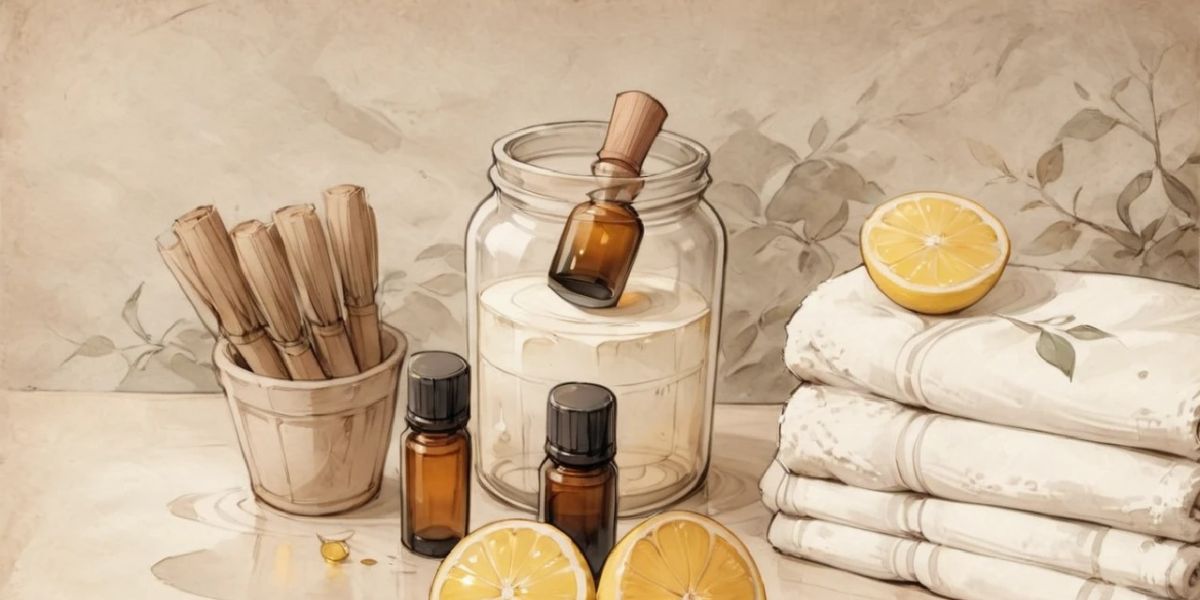
Different Scents and Additives
Marseille soap is a versatile and eco-friendly product. Customise it to your needs with different scents and additives. Here are a few:
Essential Oils
Add a few drops of your favourite essential oil, like lavender or lemon, to your soap shavings or flakes before mixing with hot water. This will enhance the scent and the benefits.
Bicarbonate of Soda
Add a small amount of bicarbonate of soda to the soap flakes to boost cleaning power. It will help with tough stains and odours and keep fabrics bright.
Soda Crystals
Use soda crystals to enhance the cleaning power of your Marseille soap laundry detergent. Soda crystals, also known as washing soda, are effective in softening water, which improves the detergent's efficacy.
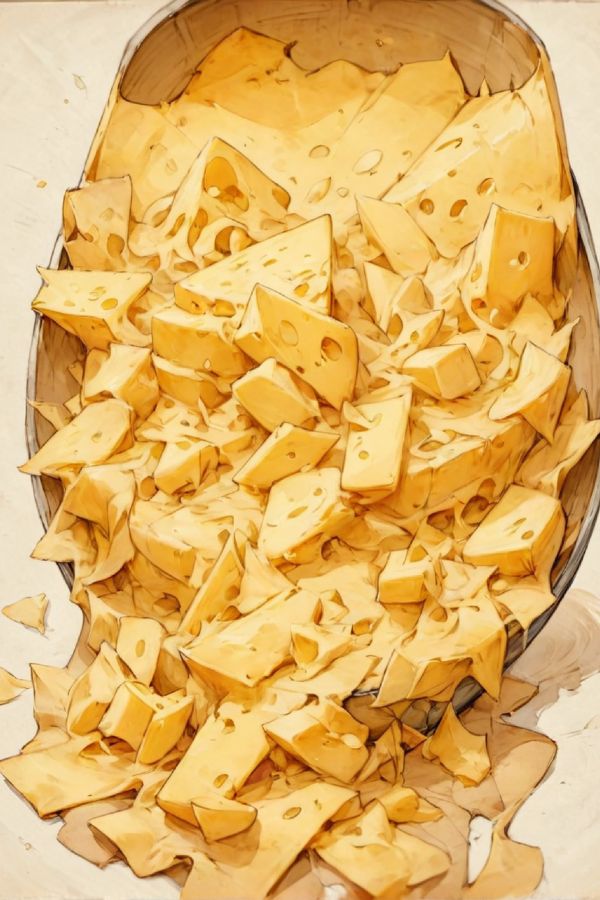
Tips for Customising Your Marseille Soap
-
Use a wooden spoon to mix soap shavings or flakes with hot water so they don't get too thick.
-
Try different essential oils to find your favourite scent.
-
Start with a small amount of bicarbonate of soda or soda crystals and adjust as needed. Too much can make the soap harsh.
-
Ensure soap shavings or flakes are completely dissolved in hot water for a smooth detergent.
-
Add a few drops of essential oil to soap shavings or flakes before mixing with hot water for a unique fragrance.
You can customise Marseille soap for gentle or effective cleaning by trying different scents and additives.
Sustainable Laundry Tips
Creating a sustainable laundry routine is easy and makes a big difference to the environment. Here are a few tips to get you started:
-
Wash in cold water to reduce energy consumption and save on your bills.
-
Hang to dry instead of using a dryer to reduce energy consumption and extend the life of your clothes.
-
Use a natural detergent that's biodegradable and nontoxic to minimise the amount of harsh chemicals in the environment.
-
Make your own laundry detergent with Marseille soap flakes to reduce waste and save money.
-
For those tough stains, check out this eco-friendly, vegan and very efficient, anti-stain soap.
 Summary
Summary
In summary, Marseille soap is a versatile, eco-friendly product that has been trusted for generations. Its natural ingredients, like olive oil, make it more effective and sustainable for those who want to reduce their impact.
Whether you're making your own laundry detergent, cleaning floors or washing dishes, Marseille soap is the reliable and gentle solution.
Using Marseille soap in your cleaning routine is a sustainable lifestyle and an effective and gentle product on the skin. Go traditional and switch to Marseille soap for a cleaner, greener home.
You?
Do you use natural washing detergent? Share your recipe and what works for you in the comments below. If you liked this and found it helpful, why not share it with your friends and family and tell them to go to Au Naturel? We love you when you do :)

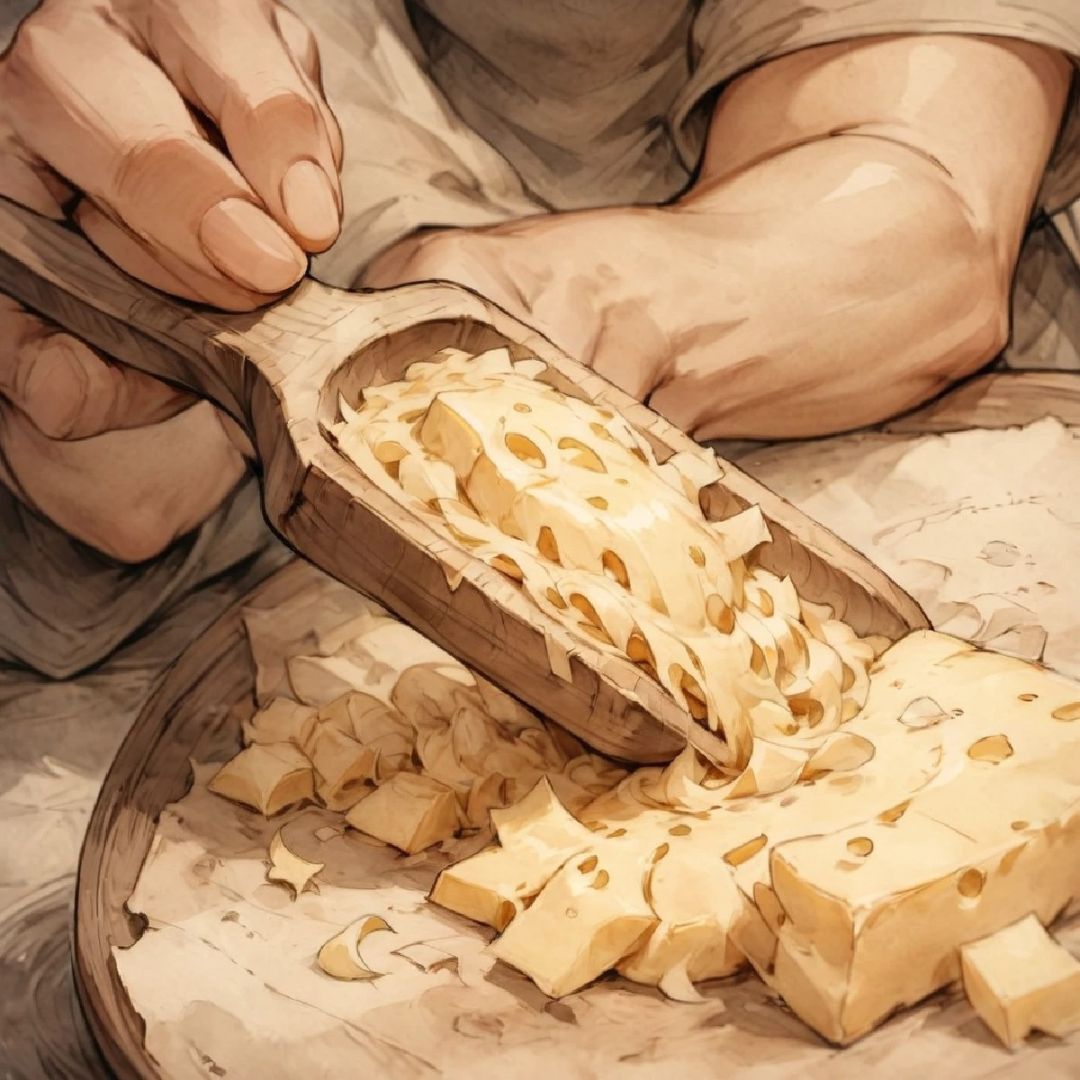
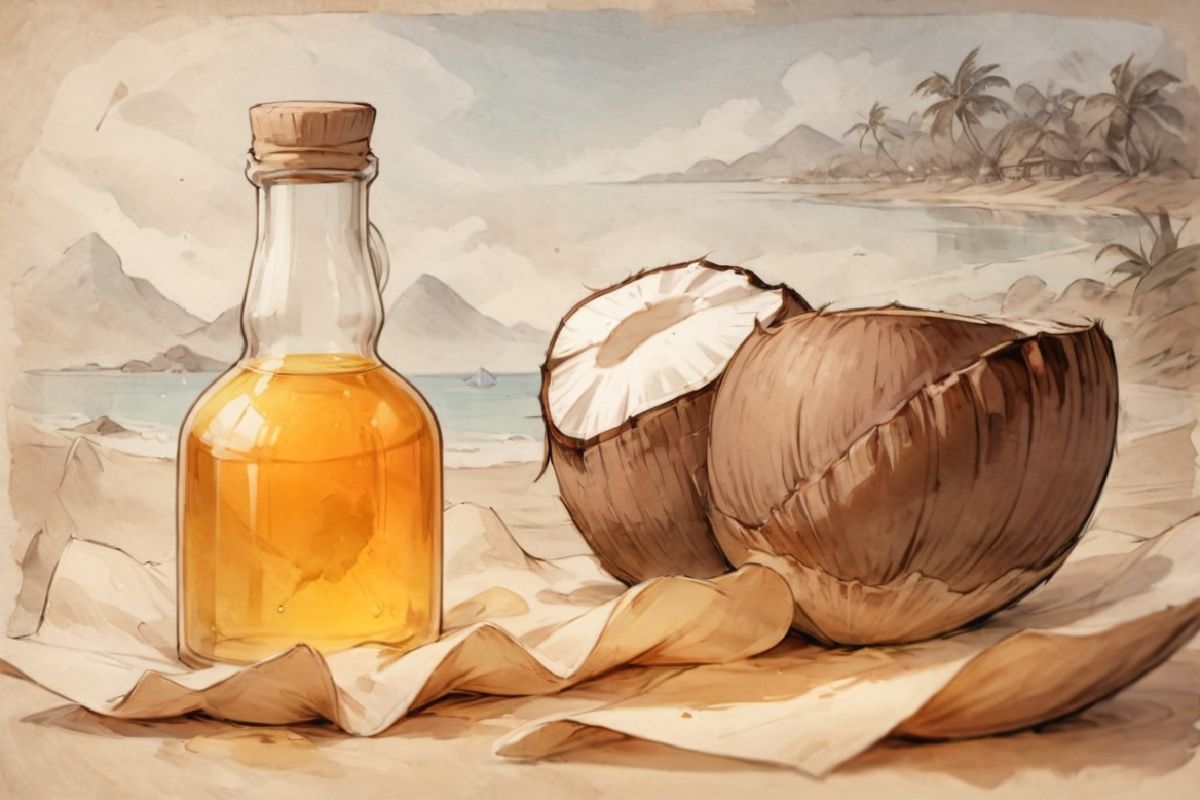
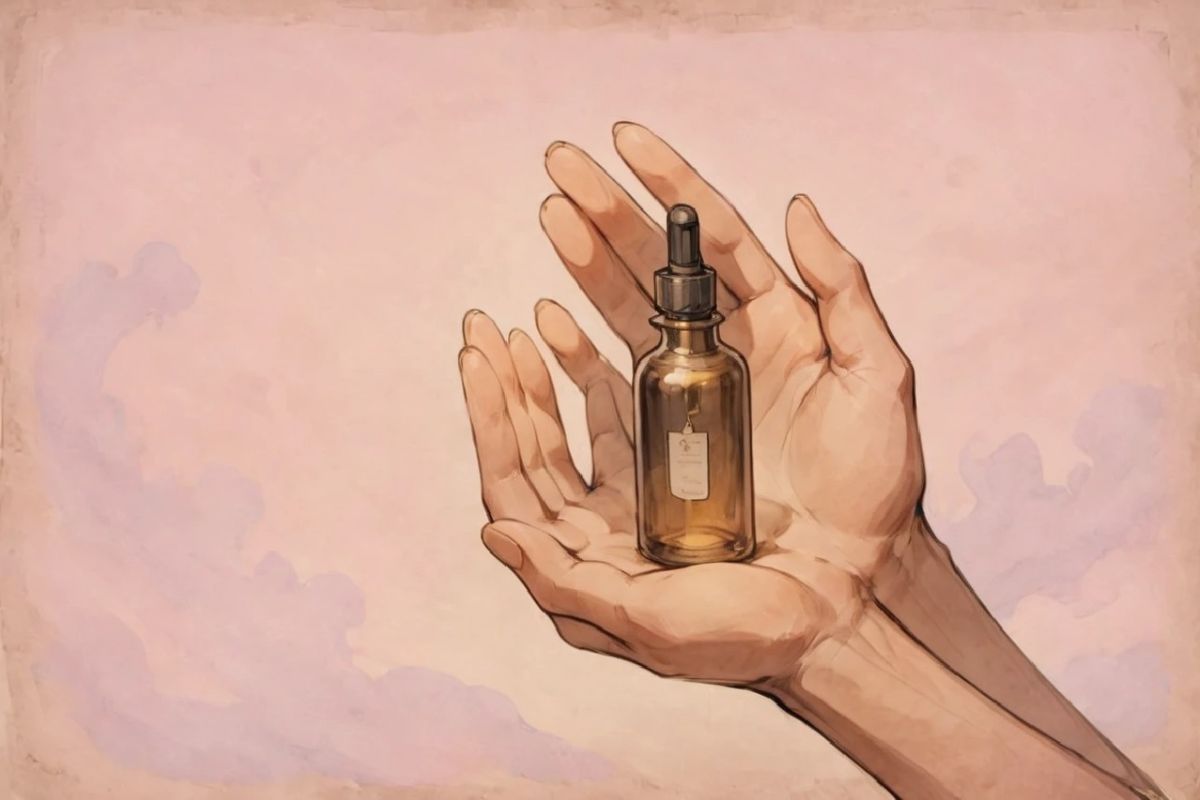
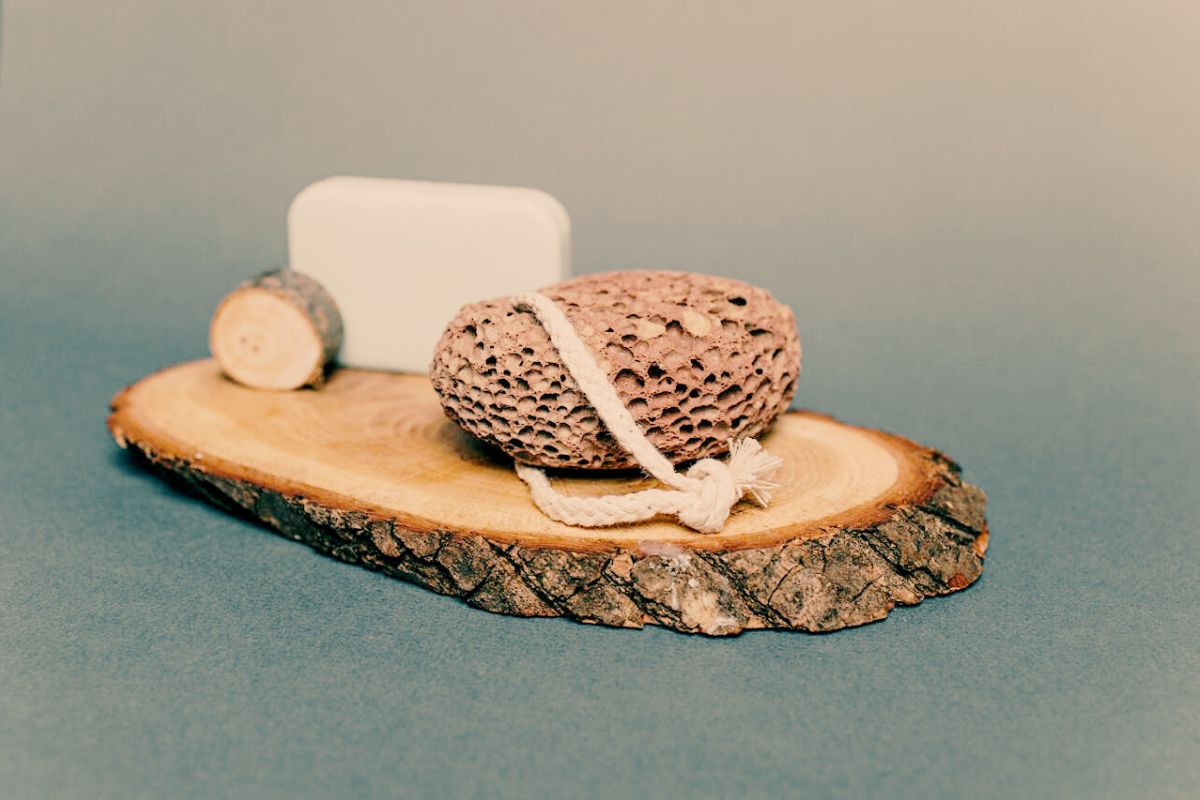
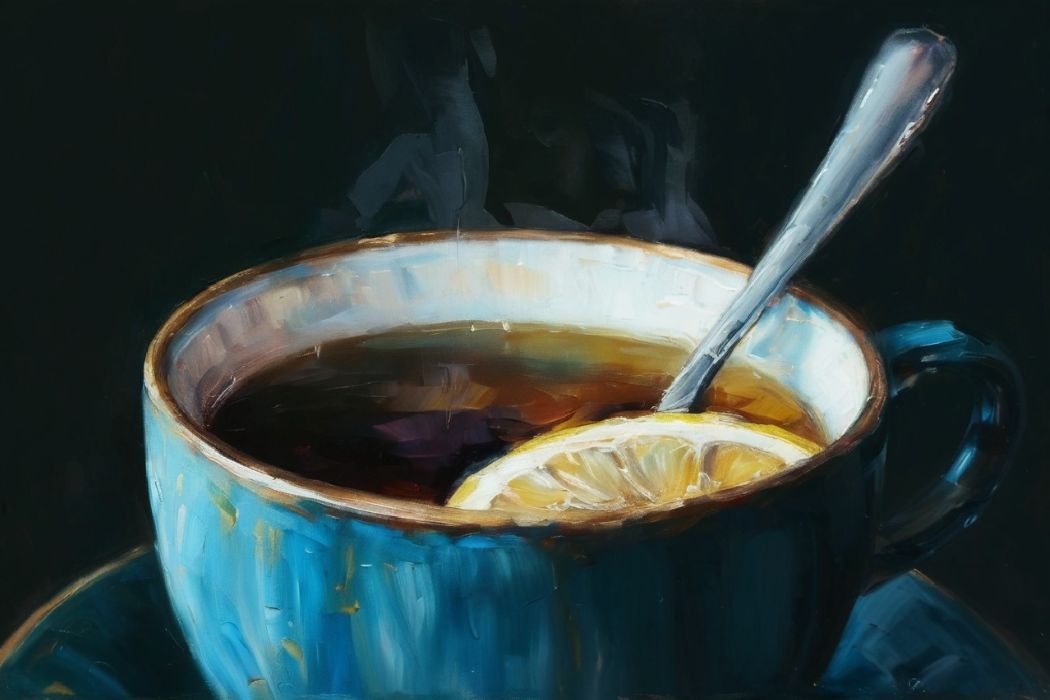
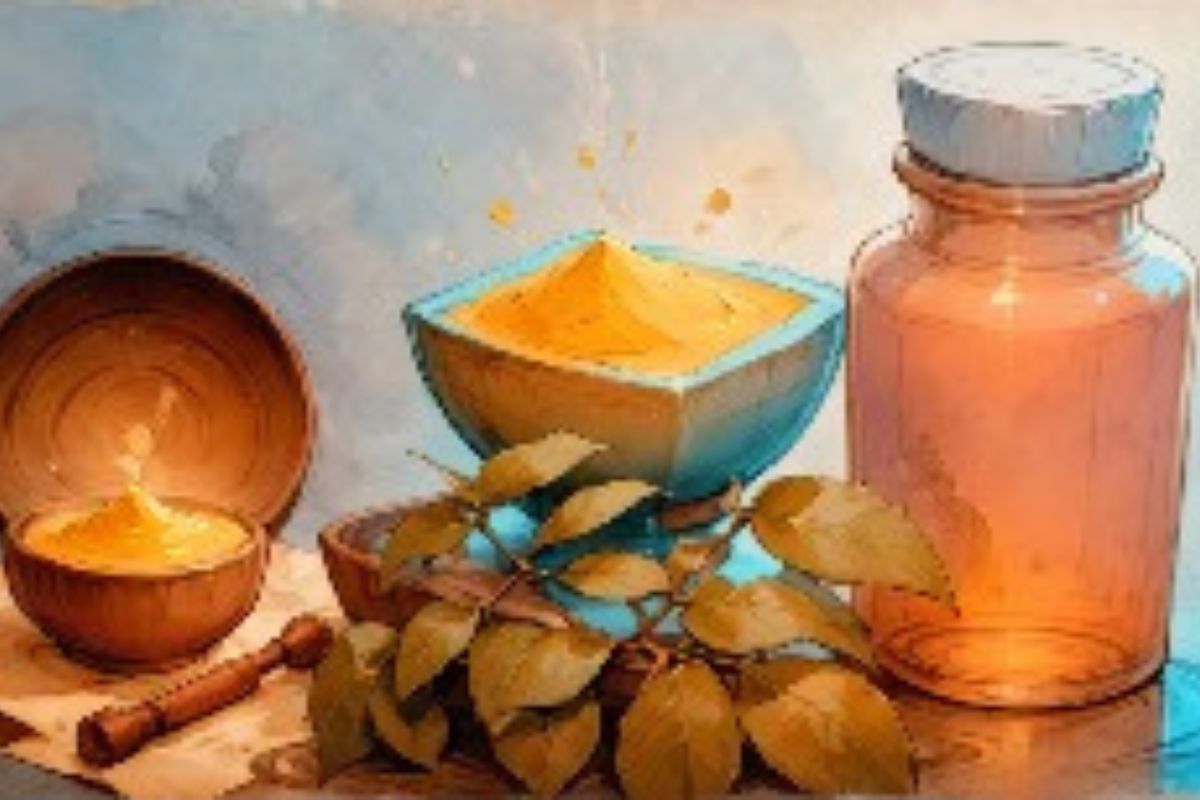
Thank you for your laundry soap methods. Can I use this for wool and silk, too?
Thanks
Charlotte
Yes, you can Charlotte. It is very kind to all fabrics :)
Hi. If using this from one of the recipes, in a ball in the machine, does this product froth up alot more, so should i use less, in case i get bubbles/froth bubbling out of washing machine?
Bonjour Fiona,
No need to worry about bubbles taking over your house - although that sounds like fun :)
Bubbles are often created by chemical frothing agents added to soap, and there are none of those present here.
I know from experience of hand washing with Marseille soap that colours tend to leak out of the fabrics. This soap is great for whites, but how can I be sure the liquid detergent made from soap flakes won't discolour my clothes? You write that bicarbonate of soda helps to preserve colours, but then that adding more bicarbonate of soda whitens the laundry. Which is correct?
Bonjour Sophie,
I'm surprised to hear that colours are leaking out of your fabrics, as traditional Savon de Marseille soaps are very gentle. We have never experienced discolouring, in fact, quite the opposite.
The bicarbonate helps with this. That's why colours look crisper and whites look brighter as there is no discolouring. - That sounds like a TV advert :)